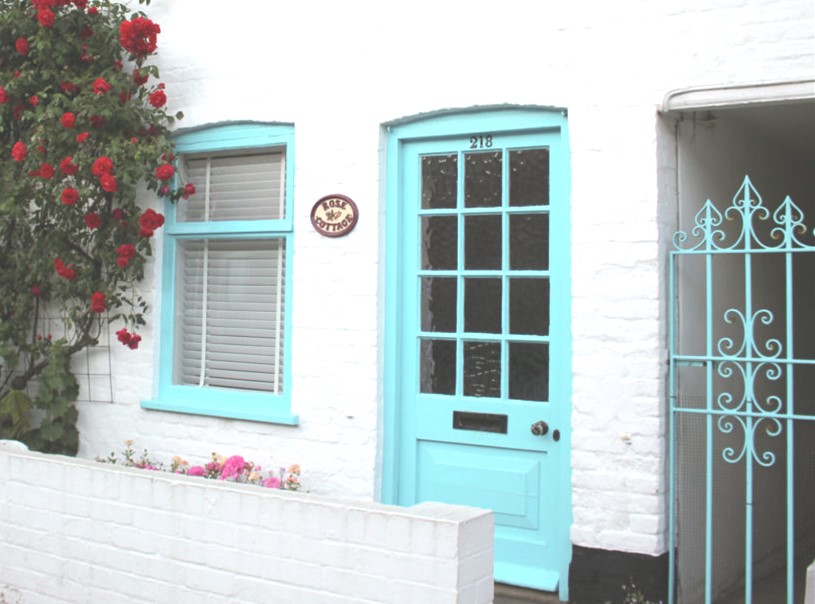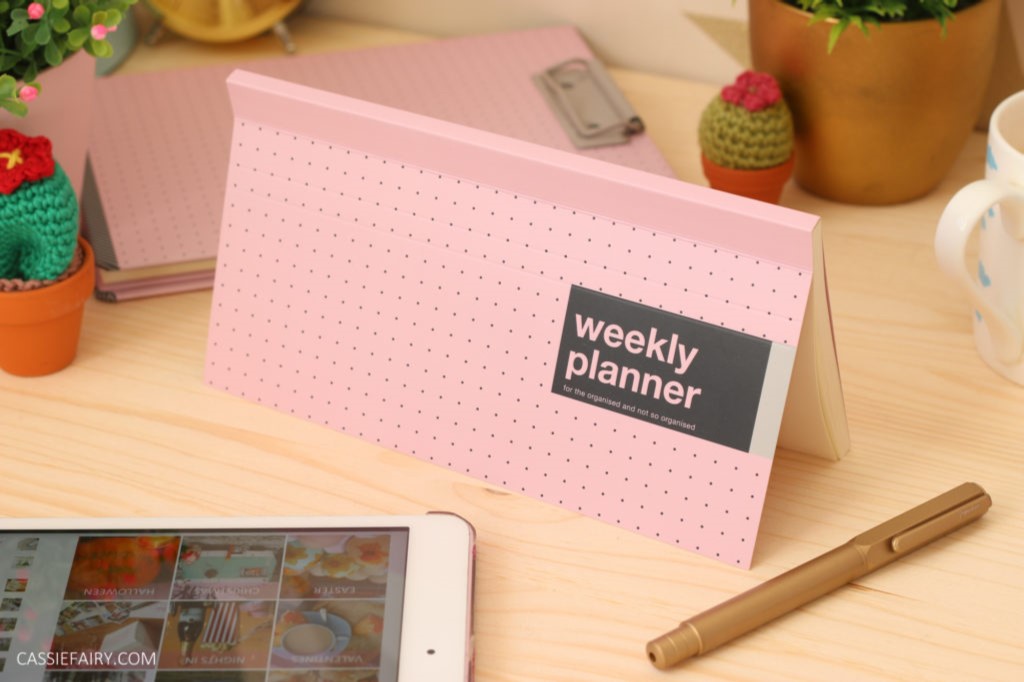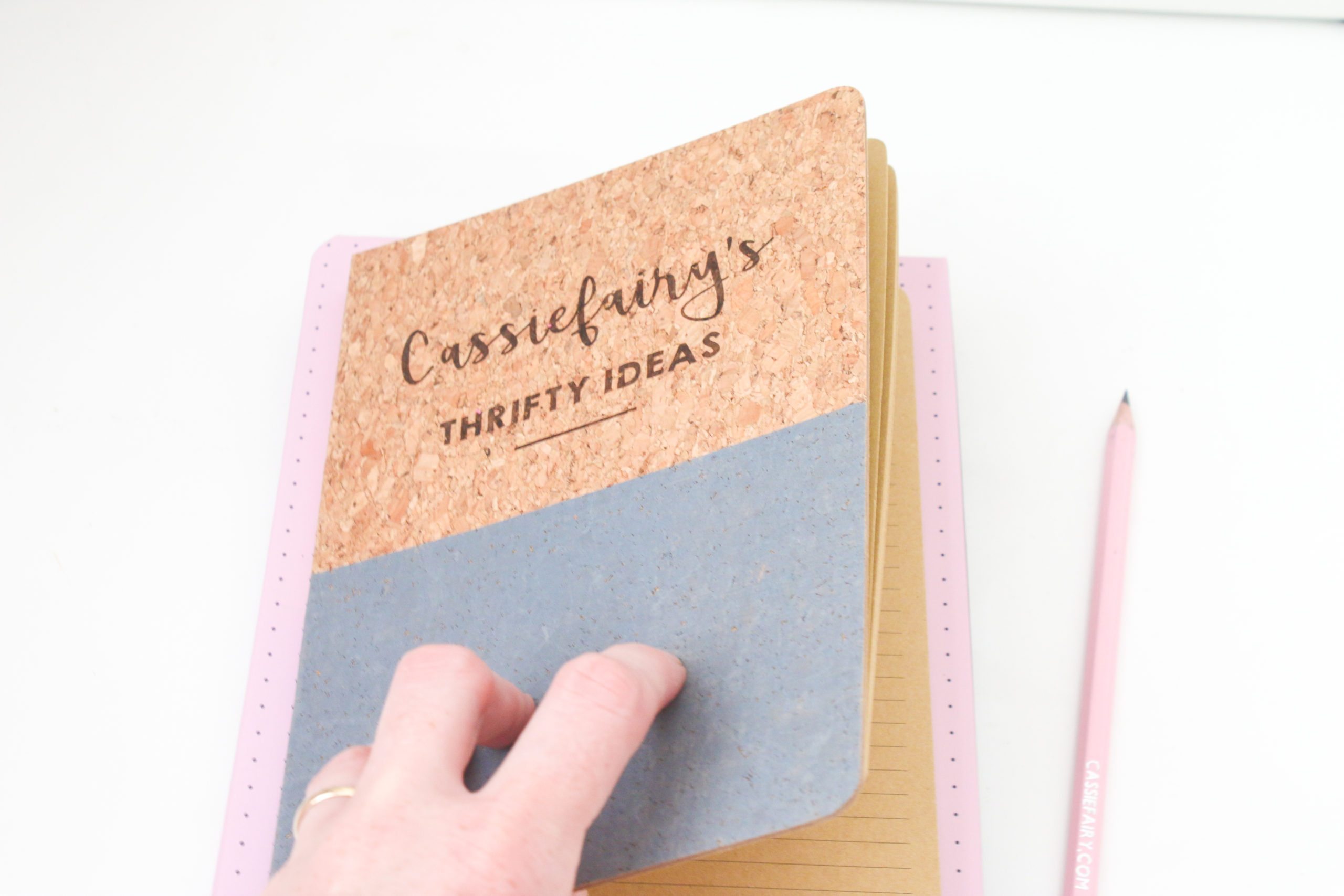
If you’ve moved location for work, are going into university accommodation to study as a mature student, or simply have an additional space that you aren’t using, you could be making some extra money from your property. This could be through a variety of options, including alternatives you might not have considered like corporate letting or even allowing friends or family to stay in your home.
There are many things to consider before you take the plunge, such as insurances, mortgage conditions and government regulations etc. However, the key thing to consider is HOW you would like to rent out your property, and this will inform all the paperwork and research you’ll need to do before getting started.
- Will you need your property back in the short-term or long-term?
- Will you want to access your property regularly?
- Is your home furnished?
- Do you want to use it yourself at different times during the year?
- Would you like someone else to deal with the paperwork?
- How much money would you like to earn?
Holiday/AirB&B hosting
One of the things that spring to mind as a money-making option is becoming an AirB&B host. You can rent out your property for the periods of time that suits you and make some money from your empty property during busy seasons.
However, there are some downsides to holiday lettings – you’ll have to clean and reset the property between each guest, you might find that people are less careful with your home when they’re on holiday, and there will be times when the building is unoccupied.
Nonetheless, if you want to free up the property for whenever you want to use it yourself, and still want to make some income from it in the meantime, this option could suit you.

Short-term tenancies
If you’ve moved away for a longer period of time (for work or studying, perhaps) and know that you won’t be needing to use your property for 6+ months, you could maybe rent it out on a short-term tenancy. You won’t necessarily need to furnish your home for the tenants, which saves you money straight away, but you’ll probably need to pay a lettings agent to represent you and find tenants – so that’s a cost to consider.
The upside is that you know that you’ll be receiving a rental fee every month for your property, but the downside is that you won’t be able to use it at all in the meantime. Plus, short-term tenancies cost money to set up, with contracts and property inspections, and you’ll need to know your responsibilities as a landlord. The good news is that, if you’re happy with your tenants, you can allow them to stay longer on a rolling contract, so you’ll keep earning money.

Corporate letting
As an alternative to AirB&B rentals or short-term tenancies, why not consider offering your property for corporate letting? It’s similar to a holiday let, as you’ll need to furnish the property but you’ll benefit from longer-term, professional tenants.
This option tends to give you around 25% more monthly profits compared to a short-term tenancy, giving you a similar rate to renting out your home as a holiday let but with less hassle. You won’t have to clean and reset the property as often as a holiday let and should have fewer problems with guests.
The duration of the average stay for corporate lettings is longer than a holiday let, yet shorter than short-term tenancies, so you can easily get access to your property if you need to move in yourself for any reason.

Renting to family
A final option to consider is renting to family (or friends). This might become more complicated than dealing with corporate lettings agencies or short-term tenancy estate agents, as you probably won’t have a formal contract and it might be emotionally difficult to ask for your property back when you need it or want to sell it – you’re essentially evicting your family!
But, on the plus side, they’ll probably take better care of the property, and you won’t need to pay agents’ fees or ongoing maintenance costs while it is being rented by a member of the family. Also, it could really help someone out with a home when costs are spiralling. On the other hand, they might be expecting ‘mates rates’ that are much lower than you could achieve through a traditional tenancy, holiday or corporate let.

I hope these suggestions have given you some ideas if you’re planning to rent out your home for any period of time. The most suitable option for you personally might be more important than making a lot of money so be sure to consider when you’ll need to use your property yourself and how much work you want to put into organising the letting.
Let me know if you have any more ideas in the comments below, and please share your own experiences of renting out your home, I’d love to learn more about the process you went through.
Pin it for later

This article is a sponsored collaboration. The pink links in the content indicate a sponsored link or information source. The blog post reflects my own experience and the sponsor hasn’t had any control over my content 🙂






















